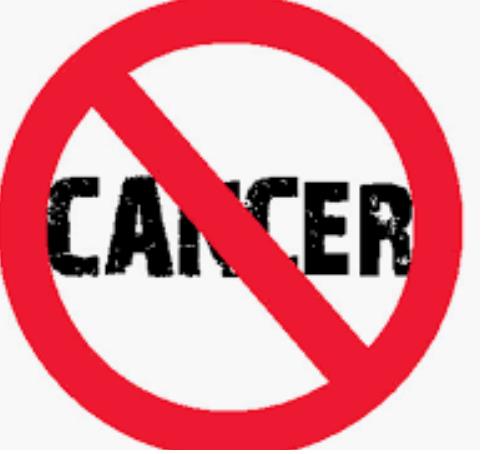I have a (weird) question, and I hope someone can answer this.
Is Prostate or any other form of cancer more common among the Gay community?
Does someone know what might cause this, assuming someone is strictly gay (and not bi)?
Lastly, is the incidence of cancer less among those who are Straight or Bi?
Thanks in advance for your answers!
